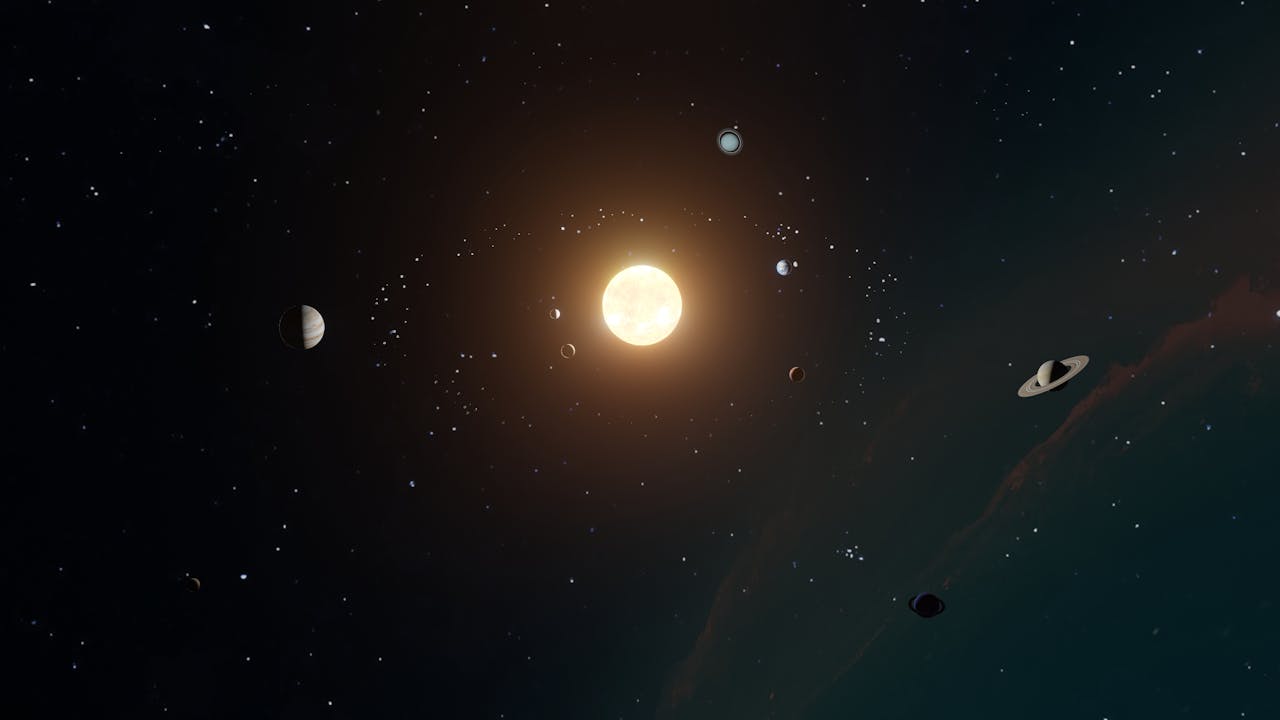In a groundbreaking discovery, astronomers have tracked a rogue planet entering our solar system. These rogue planets, which wander through space without being tethered to a star, offer intriguing clues about planetary formation and the dynamics of our galaxy. The rogue planet’s entry into our solar system is a significant event, one that could reshape our understanding of how planets move and interact in the vast cosmos. Here are five key facts about this rogue planet and the scientific implications of its arrival.
1. What Is a Rogue Planet?
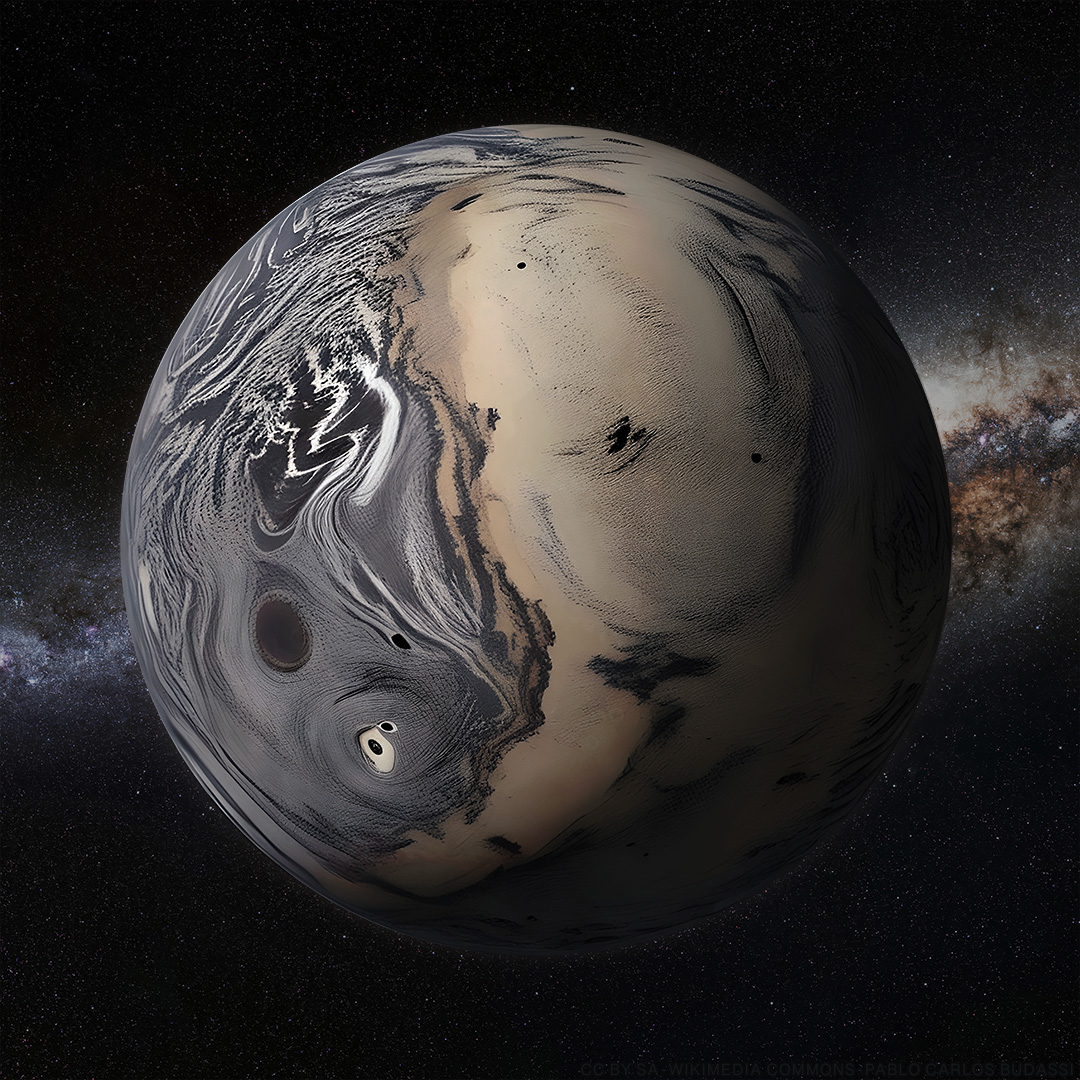
A rogue planet is a planetary body that does not orbit a star. Unlike planets like Earth that are gravitationally bound to a sun, rogue planets drift through space alone. Scientists believe that rogue planets are formed in the same way as stars but are ejected from their original star system due to gravitational interactions. Their isolation makes them difficult to detect, but advancements in observational technology have allowed astronomers to track their movements through the cosmos.
2. The Planet Was Detected in 2022
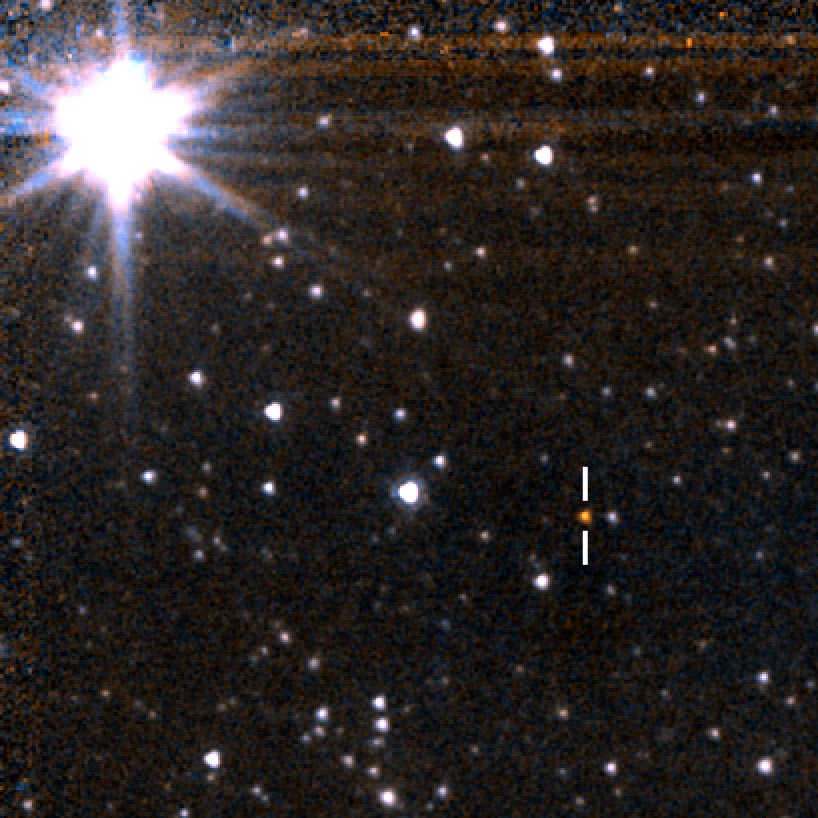
The rogue planet entering our solar system was first detected in 2022 using advanced telescopes and observation techniques. The planet is located thousands of light-years away, and astronomers have been carefully studying its trajectory as it moves closer to our solar system. The discovery was made possible by a combination of ground-based observatories and space telescopes, which provided crucial data to confirm its movement and potential impact on our solar system’s dynamics.
3. It May Have Been Ejected from a Distant Star System
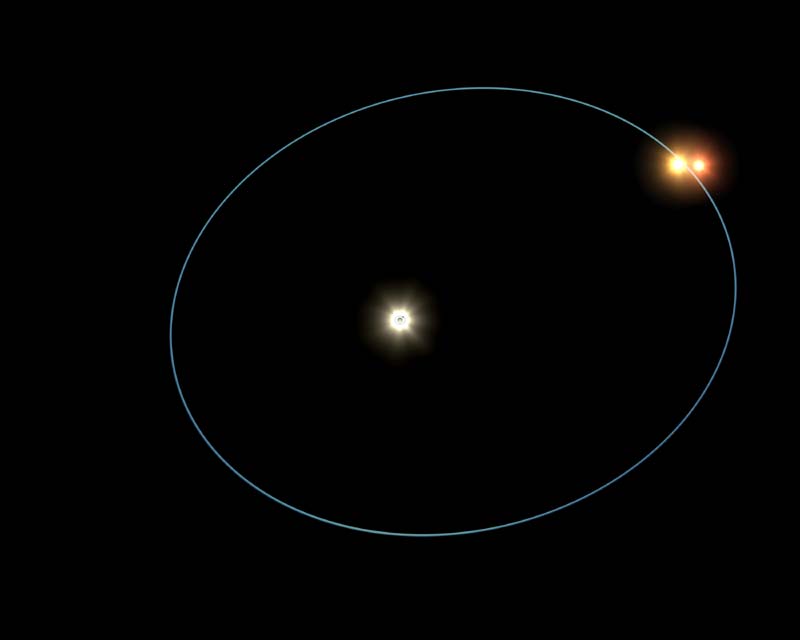
Scientists believe that the rogue planet was ejected from its original star system due to gravitational interactions. These interactions can occur when a planet is perturbed by the gravitational pull of a larger celestial body, such as a star or another planet. The rogue planet’s current path through our solar system suggests that it may have been a part of a distant star system before being cast out into the interstellar void.
4. The Rogue Planet Could Have Implications for Our Solar System
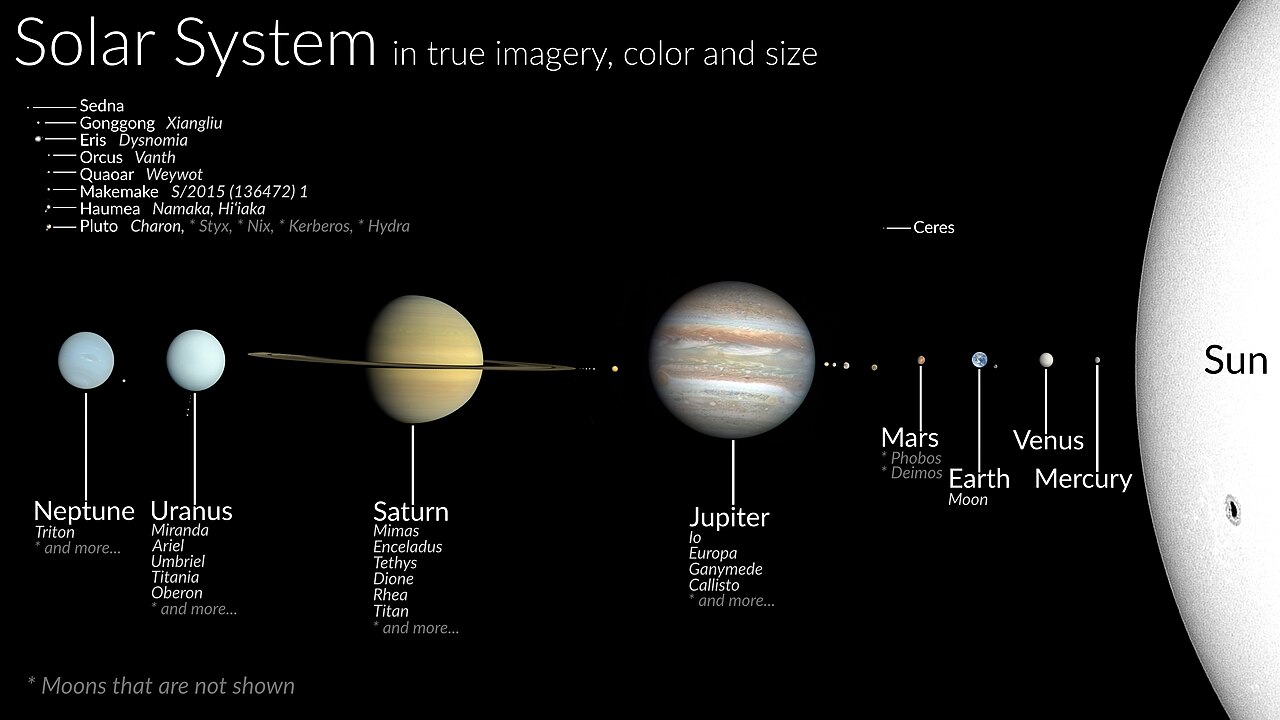
While the rogue planet’s current trajectory will not bring it into direct contact with any of our planets, its passing through the solar system could have significant long-term effects. Astronomers are particularly interested in how the planet’s gravitational pull might impact the outer planets, particularly those in the Kuiper Belt and Oort Cloud. Its movement could disrupt the orbits of other objects in these regions, potentially sending comets or asteroids hurtling toward the inner solar system.
5. The Discovery Could Help Us Understand Planetary Formation
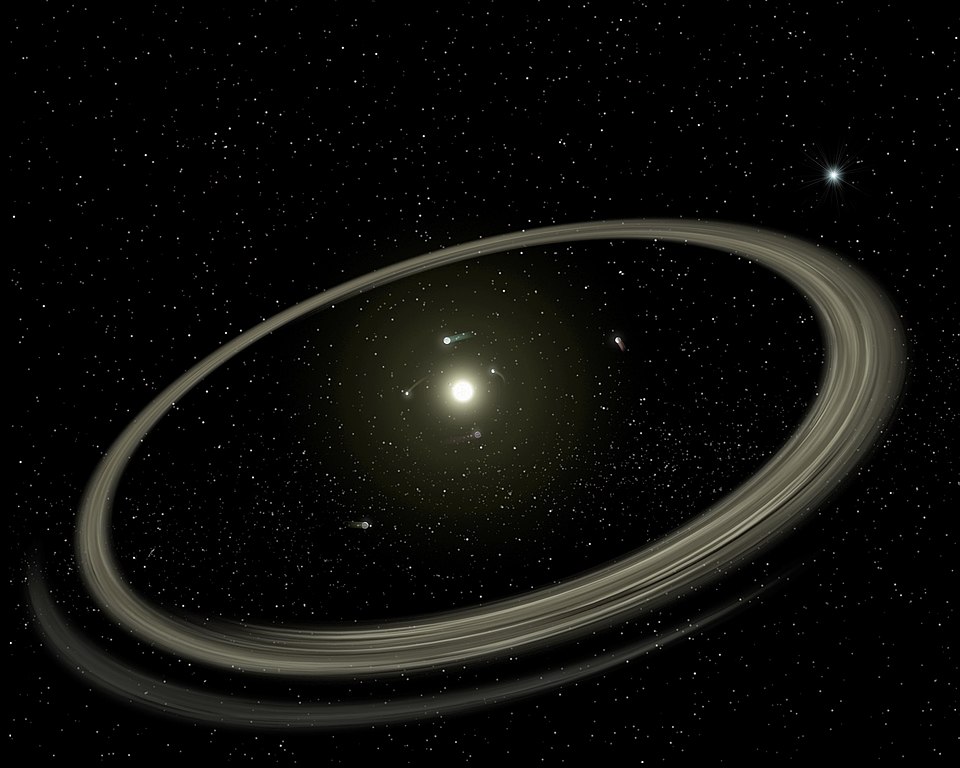
The study of rogue planets offers scientists a unique opportunity to learn more about how planets form and evolve. By studying the chemical composition, atmosphere, and movement of rogue planets, astronomers can gain insight into the conditions that lead to planetary formation in different environments. Understanding rogue planets also helps scientists learn more about the dynamics of star systems and the complex processes that govern the creation and destruction of planets across the galaxy.
